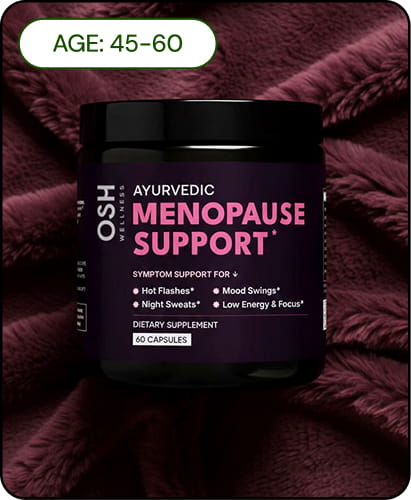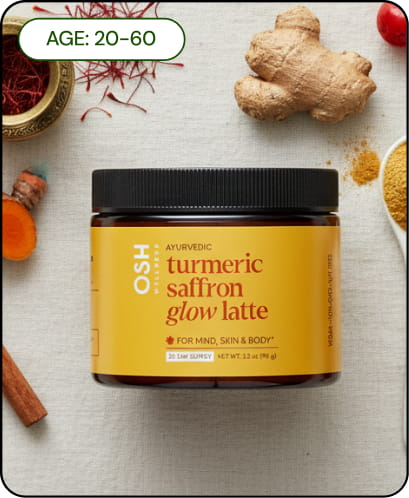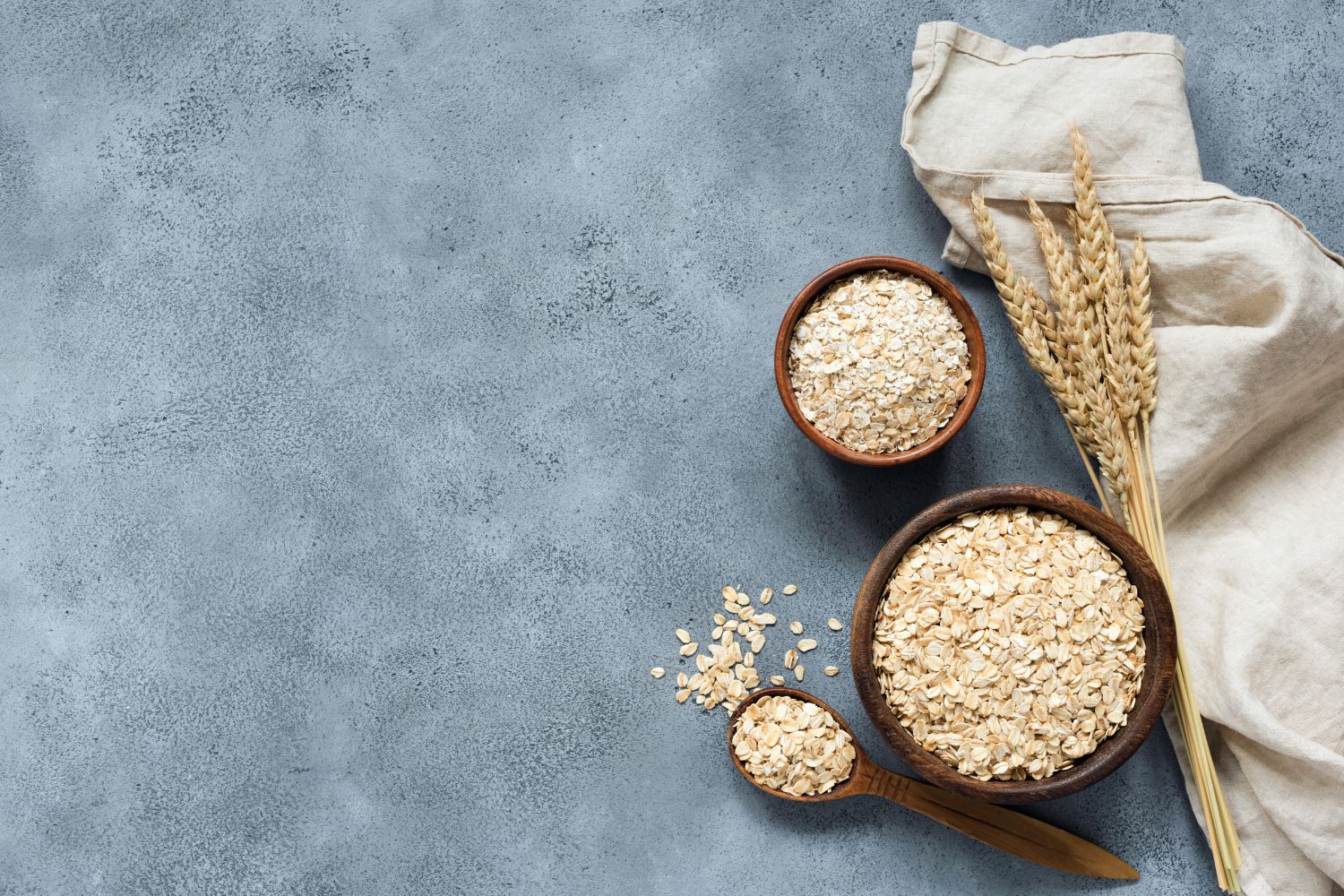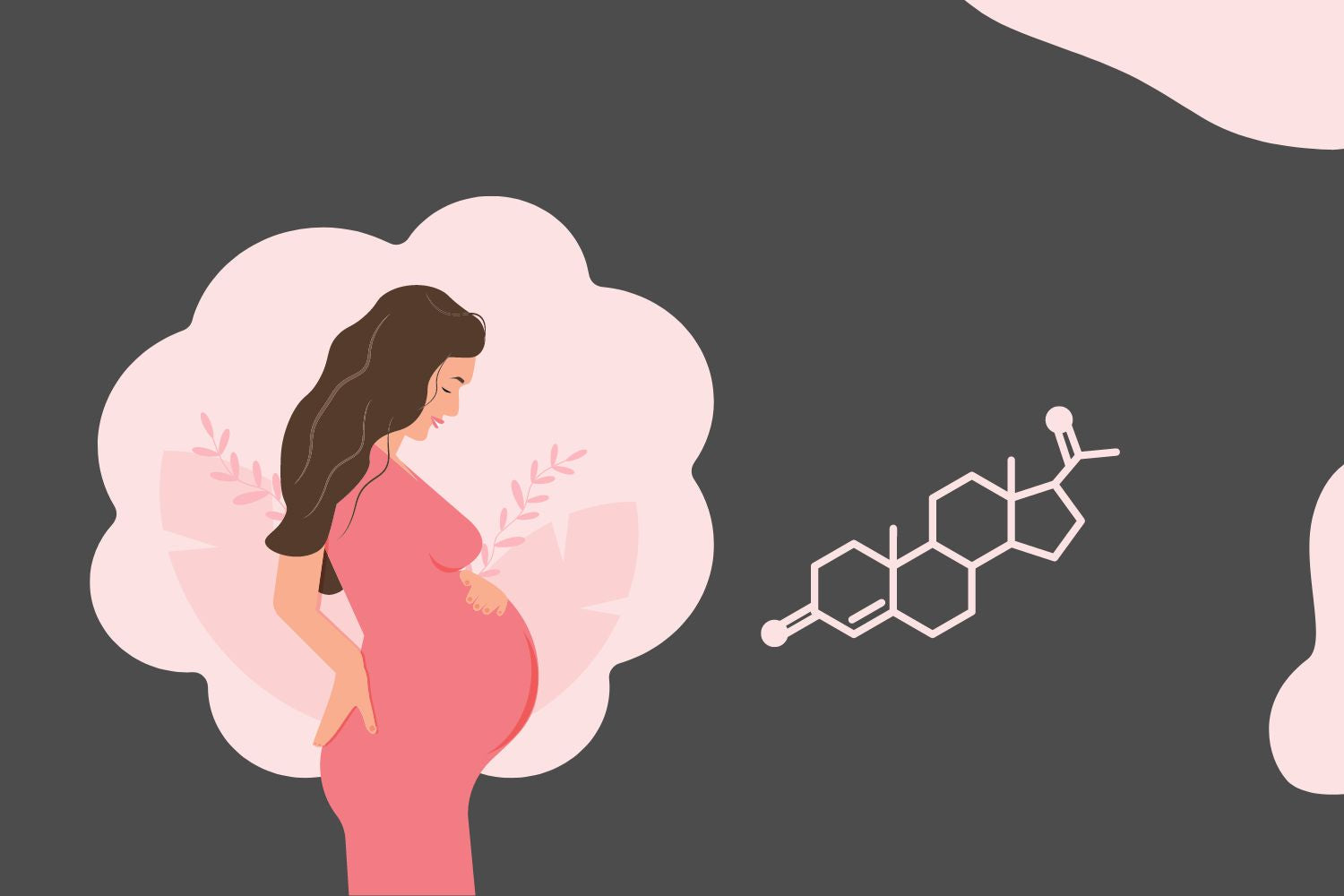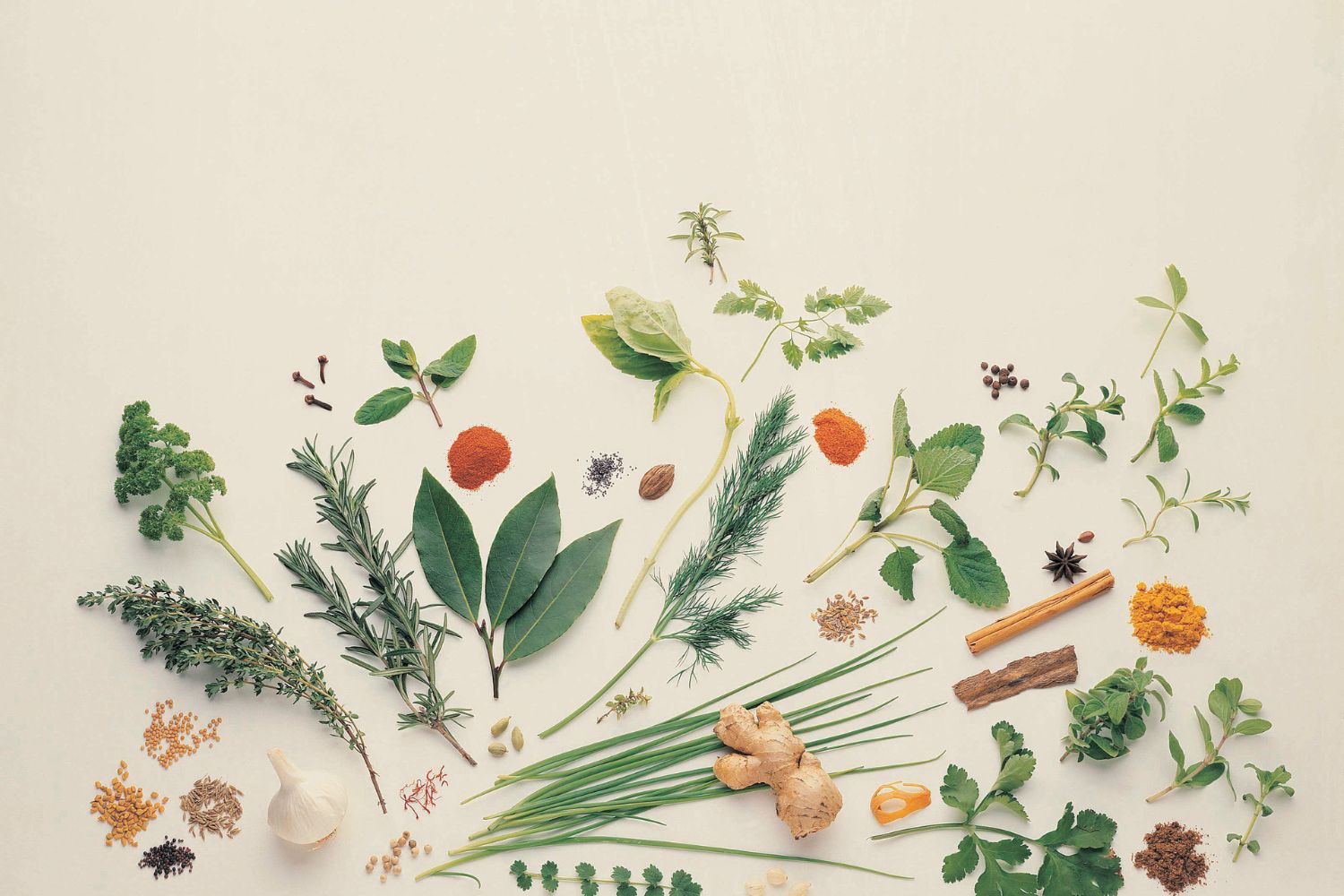Table of content
As a whole grain, oats have a variety of health benefits. For postpartum moms, in particular, they can be a great dietary addition. Not only are they rich in nutrients, but they're also believed to be a galactagogue, having been used for centuries. Oats have been used in a variety of ways by nursing and pumping moms to increase their supply. Plus, as a busy mom, oatmeal or even oatmeal snacks like bars and cookies are super simple to eat on the go!
Oats have numerous health benefits, from nutrition to hormone-balancing properties; there are various reasons to add them to your diet.
Plant estrogens are found in oats
Certain plants contain estrogen-mimicking substances called phytoestrogens. These have been found to increase milk supply in nursing mothers due to their stimulation of a mother's milk glands. They can also trigger more prolactin to be produced, the hormone responsible for breast milk supply.
Oats are nutritious
Oats are rich in so many dietary needs, including protein, fiber, vitamins, and minerals. In particular, their high content of calcium, zinc, iron, and manganese makes them excellent for healing postpartum moms. Tired moms (seriously, though, who isn't?) will love that oats are full of B vitamins. These can help boost your energy levels, lift your mood, and promote calmness by reducing stress, anxiety, depression, and exhaustion. Other micronutrients found in oats include Vitamin E, copper, and magnesium.
Oats are good for the gut
Eating oats can also be a great way to get soluble fiber in your diet. They can help ease constipation and help control symptoms of an irritable gut, like IBS.
Their pro-digestive qualities may also strengthen the mother's microbiome, which is thought to be linked to improved infant health.
Saponins are found in oats
Saponins positively affect the gene receptor for prolactin, often resulting in an increase in breast milk. They're a substance believed to promote breastfeeding hormones, much like phytoestrogens, and are thought to be galactagogues.
Oats have Beta-glucan
Beta-glucan is a specific type of fiber, a polysaccharide, to be exact. Research has shown that they can help boost breast milk supply. It is believed that they do this by stimulating the hormone prolactin. Higher levels of this hormone in the blood are thought to trigger breast milk production. Other lactation herbs, like barley, share this essential component. Furthermore, oats' other bioactive phytochemicals are believed to be anti-inflammatory and have antioxidant properties.
In truth, many of these factors likely work together to benefit a breastfeeding mom. For example, oats are rich in iron. Research has shown that mothers with anemia, the term for low iron levels, may suffer from low milk supply. Additionally, many galactagogue herbs, including oats, also have the benefit of decreasing cholesterol. It is thought that there may be a correlation between the two. Finally, oatmeal for breastfeeding isn't the only reason to enjoy a bowl. This warm breakfast cereal is comfort food for some women, promoting feelings of relaxation and calmness. These emotions can have a positive impact on milk supply.
While we may not fully understand all the reasons behind oats' ability to promote breastmilk production, it is clear that they can be a positive part of a nursing mother's diet. Read on to find out how to add them to your routine!

How to Include Oats in Your Diet
Oats are incredibly versatile. Their mild flavor lends itself to a variety of foods and beverages too! You can find oats in many forms, from prepared food to raw cooking oats. They're easy to include in your favorite recipes or dishes, but sometimes you just can beat a premade oat snack!
- Baked treats. Lactation cookies have become very popular, and many of them include oats. Alternatively, you could make some delicious oatmeal cookies and include nutritious mix-ins such as raisins or nuts. Oats also go well with baked bread and muffins.
- Smoothies. Believe it or not, you can blend up oats into smoothies. Try mixing them with strawberries for a strawberry oat smoothie. Or, blend oats with bananas, peanut butter, and cinnamon for a delicious protein smoothie.
- Oat bars. Oats are one of the main ingredients in granola bars. You can make your own version at home or buy premade oat granola bars.
- Oatmeal tea. By pouring hot water over oat flakes, you can make a version of oatmeal tea. Add in cinnamon, herbs for lactation, and a sweetener for taste and health benefits, creating your very own lactation drink mix!
- Oat toppings. Oats make great toppings on things like yogurt, fruit bowls, or cereals.
- Oats in soup. Instead of using rice, pasta, or lentils, consider substituting oats as the grain ingredients in soups. This is an excellent way to enjoy oats at lunch or dinner.
- Oatmilk. If you're wondering, does oat milk help with lactation, the answer is yes! Because this plant-based milk is made with oats, consuming oat milk for breast milk supply can have positive results.
- Oatmeal. Of course, oatmeal is perhaps the easiest way to enjoy oats. This warm and comforting breakfast cereal is fast and easy to make. Additionally, we love having oatmeal for breastfeeding because you can dress it up with almost any toppings you desire.
Do Oats Have Any Serious Side Effects?
Oats do not have any known side effects. However, those with a gluten allergy may want to avoid oats or eat them with caution. While whole oats don't contain gluten, in some circumstances, they can be processed in a factory that also makes wheat products. If you have celiac disease or a sensitivity, double-check that your oats are whole, gluten-free, and processed in a gluten-free facility.
Those with an intestinal emptying issue or who are prone to GI blockage should discuss eating oats with their doctor before adding them to their diet.
The consumption of foods high in calories, like oatmeal, can make your little one gassy. However, every baby is different. Most mothers can eat oats or oatmeal without a problem. Just be sure to watch your infant for signs of discomfort.
Additional Oats Health Benefits
In addition to having positive impacts on breast milk supply, oats can have other health benefits too.
- They are believed to help lower cholesterol and blood sugar.
- Oats are a heart-healthy food.
- Oats can help stabilize blood sugar (when eaten without too many sweeteners or sugar).
- Whole grains like oats can help keep you full and satisfied longer.
- A warm bowl of oatmeal can be comforting and may decrease stress.
How Could Breastfeeding Mothers Include Oatmeal in Their Diet?
There are many ways in which nursing mothers can include oatmeal in their diet, from enjoying a bowl for breakfast to adding whole oats to smoothies. Oats are very versatile and adaptable, going well in a variety of dishes. Generally, consuming one bowl of oatmeal a day, which equates to around three hundred calories, is recommended.
While oats promote lactation in most women, every mother is different. What works for one breastfeeding mother may not work for you.
Sometimes, you will need to try more than one supplement or food to see what helps boost your breastmilk supply.
Our lactation and postpartum support capsules are gluten-free and contain a variety of time-tested herbs like milk thistle for lactation and ashwagandha for stress relief. The combination of ingredients helps to care for breastfeeding and postpartum mothers in many different ways, like hormonal balance and healing, as well as to help with lactation concerns. They can be a complete way to help support your postpartum healing and breastfeeding journey.
Combining other supplements and foods in addition to oats can also be beneficial. Our golden latte for lactation includes ingredients that promote calmness and reduce inflammation. Both of these benefits can be conducive to breastfeeding. Finding the right combination of ingredients and supplements to support you on your journey is key!
Osh Wellness Lactation Products
Organic Lactation Support with Moringa
Freshly Moms Organic Lactation and Postpartum Support is the most effective way to boost milk production naturally.

